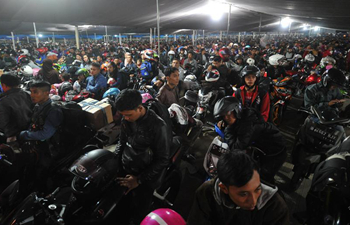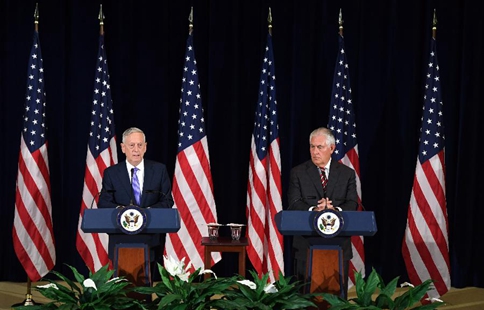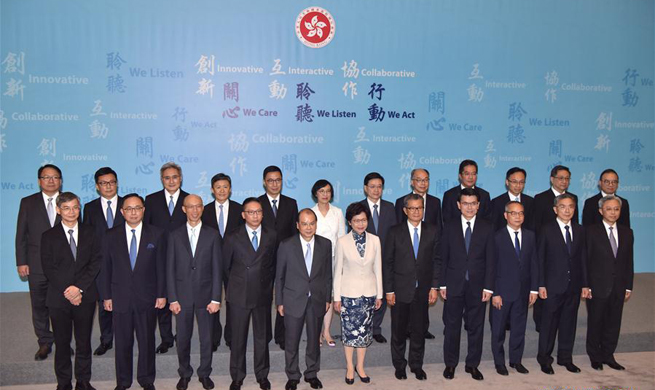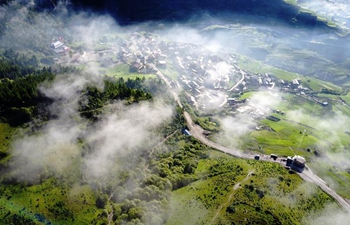SYDNEY, June 22 (Xinhua) -- A nuclear debate is heating up in Western Australia on Thursday, after the state government informed three uranium mining companies that their approval licenses will expire if their sites are not operational within five years.
The newly formed State Government's clarification on its policy has followed on from an election promise to ban uranium mining in the State for environmental concerns.
But prior to their victory in the vote, under the former State Government, three companies at four separate sites were given the go ahead to develop projects.
Vulnerable to legal action from the operators, the Premier of Western Australia, Mark McGowan, on Wednesday told local media, "everyone knows our position is we are not very happy about these approvals, so the mining companies need to be aware that they have a potential deadline heading at them in five years from now."
"Bear in mind five years is a long time, I mean they've already had eight years of getting a project approved and another five years to develop it, that's a pretty reasonable length of time for them to get a project up," McGowan said.
"If they can't do that, then that's not our problem, that's their problem."
In response to the ultimatum, chief executive of Vimy Resources, Mike Young, said, "We're confident that we will start substantive works before 2021." And Toro Energy general manager, Andrew Worland, stated, "Their policy statement is not surprising to us."
The main reason for the delay in getting the mine-sites up and running has been due to the historically low trading price of the commodity.
"One of the problems of course was the meltdown at Fukushima, Japan, and the ongoing impacts on the area," CMC Markets chief market strategist Michael McCarthy explained to Xinhua Thursday.
"But the German decision to move away from nuclear power two years ago really hurt the industry as well."
Another factor weighing on uranium producers is the emergence of more effective electricity storage batteries.
But despite all the obstacles, McCarthy said one of the advantages of mining uranium is that because the metal sits close to the surface, it's very easy for producers to jump back into action when the prices are firmer.
Some other states down under do not have bans in place against uranium mining and in 2016 Australia produced 7447 tonnes of the commodity, making Aussie's the world's third highest producer of the resource.
Interestingly, Australia itself has no nuclear facilities generating electricity, so all of the uranium domestically extracted is shipped off shore under strictly enforced safeguards and regulations under the Nuclear Non-Proliferation Treaty.
In 2014, Australia exported 39 percent of its uranium supply to the United States, 34.4 percent to Europe and 26.6 percent to Asia.

















